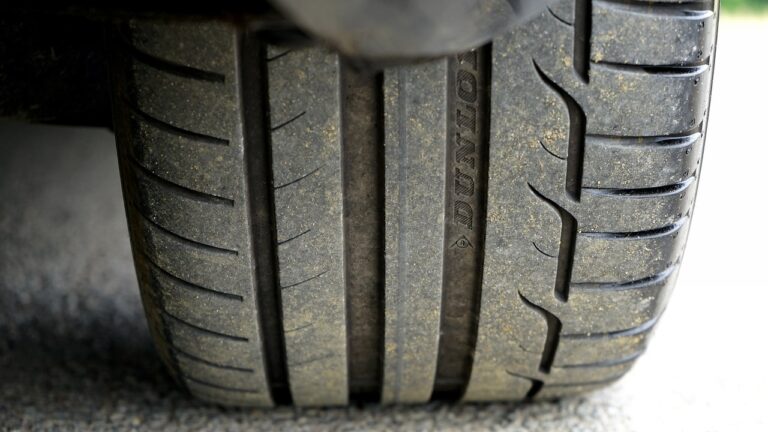Analyzing the Role of Extended Producer Responsibility in Auto Recycling Regulations: 11xplay reddy login password, Diamondexch9 id, Skyexchange id
11xplay reddy login password, diamondexch9 id, skyexchange id: Analyzing the Role of Extended Producer Responsibility in Auto Recycling Regulations
When it comes to recycling, the auto industry has a significant impact on the environment due to the large volume of vehicles produced and disposed of each year. To address this issue, many countries have implemented regulations that hold auto manufacturers responsible for the end-of-life disposal of their vehicles through Extended Producer Responsibility (EPR) programs. In this article, we will explore the role of EPR in auto recycling regulations and its impact on sustainability and the environment.
The concept of Extended Producer Responsibility (EPR) shifts the burden of disposal and recycling of products from the end-user to the manufacturer. This approach encourages producers to take responsibility for the environmental impacts of their products throughout their lifecycle, from production to disposal. In the auto industry, EPR programs have been implemented to ensure that manufacturers are accountable for the recycling and recovery of end-of-life vehicles (ELVs).
### Benefits of EPR in Auto Recycling Regulations
1. **Promoting Circular Economy**: EPR programs encourage the recycling and reuse of materials from end-of-life vehicles, promoting a circular economy where resources are conserved and waste is minimized.
2. **Reducing Environmental Impact**: By holding auto manufacturers responsible for the proper disposal of their vehicles, EPR programs help reduce the environmental impact of the auto industry, such as reducing landfill waste and emissions.
3. **Encouraging Innovation**: EPR regulations incentivize manufacturers to develop more sustainable products and processes, leading to innovations in recycling technologies and materials recovery.
4. **Cost Savings**: Implementing EPR programs can lead to cost savings for manufacturers by reducing waste disposal costs and creating new revenue streams from recycled materials.
### Challenges of EPR in Auto Recycling Regulations
1. **Enforcement**: Ensuring compliance with EPR regulations can be challenging, especially in regions with limited resources for monitoring and enforcement.
2. **Fragmented Systems**: The auto industry operates globally, leading to fragmented EPR systems that vary in regulations and requirements, making it difficult for manufacturers to comply with multiple EPR programs.
3. **Consumer Awareness**: Lack of consumer awareness about EPR programs and the importance of recycling end-of-life vehicles can hinder the effectiveness of such initiatives.
4. **Economic Impacts**: Implementing EPR programs may impose additional costs on manufacturers, which could potentially affect the affordability of vehicles for consumers.
### Case Studies of EPR Success in Auto Recycling
1. **Europe**: The European Union has implemented an EPR directive for ELVs, which requires auto manufacturers to recycle and recover at least 85% of the weight of their vehicles. This regulation has led to increased recycling rates and the development of a robust auto recycling industry in Europe.
2. **Japan**: Japan has a comprehensive EPR program for ELVs, which includes strict regulations on recycling rates and the proper disposal of hazardous materials. This program has resulted in high recycling rates and the adoption of advanced recycling technologies in the country.
3. **United States**: While the US does not have a federal EPR program for ELVs, some states have implemented their own regulations, such as California’s End-of-Life Vehicle Recycling Act, which requires auto manufacturers to meet recycling and recovery targets for their vehicles.
### FAQs
1. **What is Extended Producer Responsibility (EPR) in auto recycling?**
Extended Producer Responsibility (EPR) is a policy approach that holds manufacturers responsible for the end-of-life disposal and recycling of their products, such as vehicles, to promote sustainability and environmental protection.
2. **How does EPR benefit the auto industry?**
EPR programs in the auto industry promote resource conservation, reduce environmental impact, incentivize innovation, and lead to cost savings for manufacturers.
3. **What are some challenges of implementing EPR in auto recycling regulations?**
Enforcement, fragmented systems, consumer awareness, and economic impacts are some of the challenges associated with implementing EPR programs in the auto industry.
In conclusion, Extended Producer Responsibility (EPR) plays a crucial role in auto recycling regulations by holding manufacturers accountable for the end-of-life disposal and recycling of their vehicles. While there are challenges to implementing EPR programs, the benefits of promoting sustainability, reducing environmental impact, and encouraging innovation make it a valuable tool in advancing the circular economy and protecting the environment.







